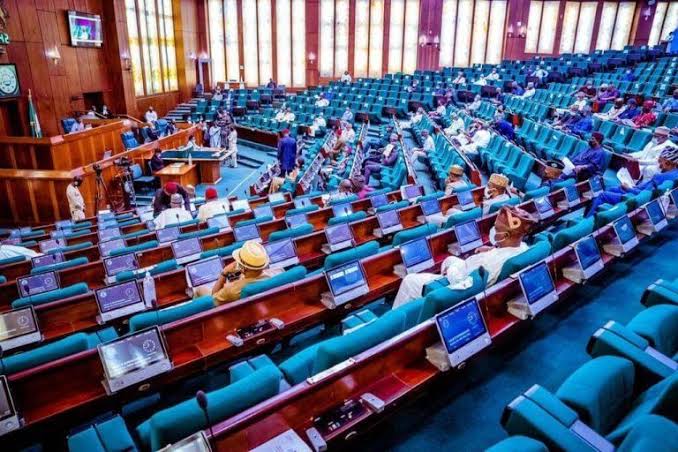Isaac Samuel
The Association of Licensed Telecommunications Operators of Nigeria (ALTON) has cautioned the National Assembly against certain provisions in the proposed National Digital Economy and E-Governance Bill, 2025.
The association warned that some sections in the proposed legislation could create regulatory overlaps and undermine investor confidence in the telecommunications sector.
ALTON Chairman, Gbenga Adebayo, raised the concerns on Monday during his presentation at a joint public hearing of the Senate and House Committees on ICT, Cybersecurity and Digital Economy in Abuja, on the National Digital Economy and E-Governance Bill.
While commending lawmakers for the initiative to strengthen Nigeria’s digital ecosystem, Adebayo warned that certain clauses in the draft bill vest regulatory powers in the National Information Technology Development Agency (NITDA) that currently fall under the statutory mandate of the Nigerian Communications Commission (NCC).
Adebayo said ALTON, which represents licensed network and infrastructure operators across the country, supports the overall objectives of the bill but urged the National Assembly to ensure that the legislation complements existing sectoral laws instead of overriding them.
He said: “The Bill vests broad powers in the National Information Technology Development Agency (NITDA) that intersect with the statutory mandate of the Nigerian Communications Commission (NCC).
“To avoid duplication, we recommend a clear delineation—NITDA to lead on digital policy, e-governance, and standard setting; NCC
to retain regulatory oversight on telecommunications networks,infrastructure, and digital services”.
He also called for a structured framework for regulating Artificial Intelligence (AI), noting that international best practice distinguishes policy direction from technical regulation.
Adebayo said the model is currently applied in the UK, India and the European Union.
On proposed certification and liability rules for trust service providers, Adebayo warned against imposing additional compliance burdens on telecom operators already regulated by the NCC, arguing that such frameworks should apply primarily to public-sector digital platforms.
He also urged a review of Section 82 of the bill to safeguard regulatory independence and limit the scope of ministerial directives, saying such measures are necessary to protect investor confidence and ensure predictability in the sector.
Adebayo further recommended the establishment of a National Digital Cooperation and Interoperability Framework to guide collaboration between NITDA, NCC, the Nigeria Data Protection Commission (NDPC) and the Office of the National Security Adviser (ONSA), thereby preventing policy fragmentation.
“We fully supports the objectives of the Bill and the vision for a robust digital economy. However, we respectfully submit that: The Bill should complement, not override, existing sectoral laws;The NCC should retain regulatory oversight of the telecommunications sector; The Bill should promote structured collaboration between NITDA, NCC, and FCCPC; and Institutional roles must be clearly defined to avoid jurisdictional overlaps and enhance investor confidence”, he said.
Responding, Chairman of the Senate Committee on ICT and Cybersecurity, Senator Shuaib Afolabi Salisu, assured that the committee would carefully consider ALTON’s submissions in the final drafting process.
Among its major provisions, the bill seeks to modernise governance, boost digital commerce, and promote skills development across sectors.
Key highlights include the legal recognition of digital signatures (Section 15), which would make electronic signatures valid if secure, unique, and tamper-evident, a move expected to simplify transactions and enhance Nigeria’s participation in global digital trade.
Under Section four, government documents and records would be legally recognised in electronic form, enabling paperless governance and reducing administrative costs.
The legislation also proposes the establishment of a Nigeria Data Exchange (Section 46), a centralised platform to enable seamless data sharing among government agencies, integrating services such as taxation, health, and identity management.




